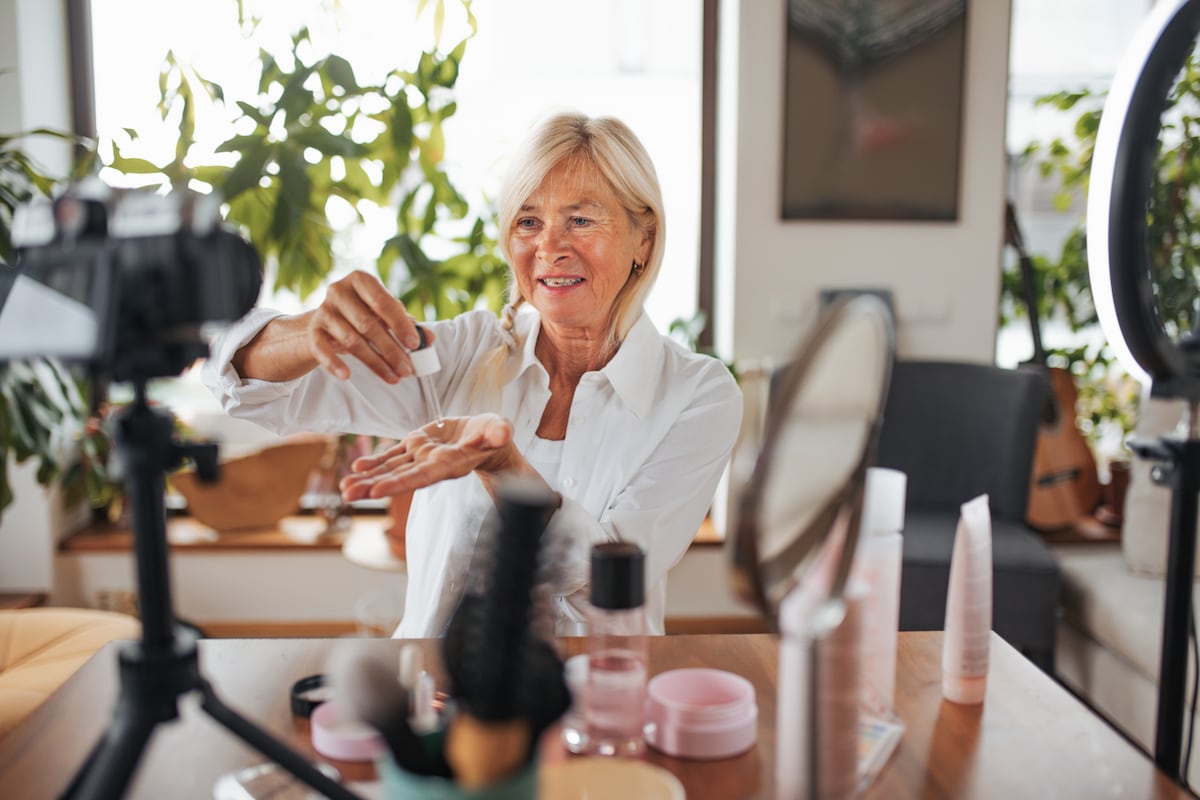Retinol, a popular anti-aging ingredient in cosmetics, has gained popularity due to its benefits in promoting skin renewal, smoothness, luminosity, and collagen production. However, its usage should be done with caution to avoid skin irritation. Dermatologists recommend starting with low concentrations and gradually increasing usage as the skin gets accustomed to it. The importance of sun protection when using retinol is also emphasized.
The European Commission has approved regulations limiting the concentration of retinol in cosmetic products to prevent potential health risks associated with vitamin A absorption. New regulations restrict retinol to a maximum of 0.3% in facial products and 0.05% in body products to ensure consumer safety. These limitations aim to prevent excessive vitamin A intake that can lead to severe health issues, prompting the need for these restrictions.
Despite the restrictions on retinol use in cosmetics, social media has played a significant role in its popularity, leading to improper or unnecessary usage in some cases. Dermatologists highlight the importance of following guidelines and precautions when using retinol for skincare, especially under new regulations that limit its use. While low concentrations of retinol can benefit the general population for anti-aging purposes, higher concentrations may be necessary for specific skin conditions such as acne or wrinkles.
The possibility of prescribing higher concentrations of retinol for medical indications remains unclear under the new regulations. Specialists may be allowed to prescribe or formulate retinol at higher concentrations when needed for certain skin conditions. Overall, the regulations aim to regulate the use of retinol in cosmetics to promote safer skincare practices and prevent potential health risks.
In conclusion, while retinol is an effective ingredient for skincare purposes, it should be used with caution and following guidelines and precautions recommended by dermatologists. The new regulations limit its use in cosmetics but do not exclude its usage altogether for medical indications when necessary.
Alba Fernández Palacios from Madrid started taking care of her skin three years ago due to acne issues she faced throughout her teenage years and early twenties. She began following advice from dermatologists on social media on how best to care for her skin.
One product that caught her attention was one containing retinol as a key ingredient.
Retinol is a derivative of vitamin A that has become increasingly popular among beauty experts due to its ability to promote skin renewal and reduce signs of aging.
However, Alba soon learned that not all forms of retinol were created equal.
Dermatologists advised her against using high concentrations of retinol without proper guidance from a professional.
Instead, they recommended starting with lower concentrations and gradually increasing usage over time as her skin adjusted to it.
Alba took this advice seriously and began incorporating lower concentrations into her facial routine before moving onto higher ones.

:quality(75)/cloudfront-us-east-1.images.arcpublishing.com/elcomercio/U7WNEWGRXJHFTCCDXXVUDO4PBQ.jpg)

